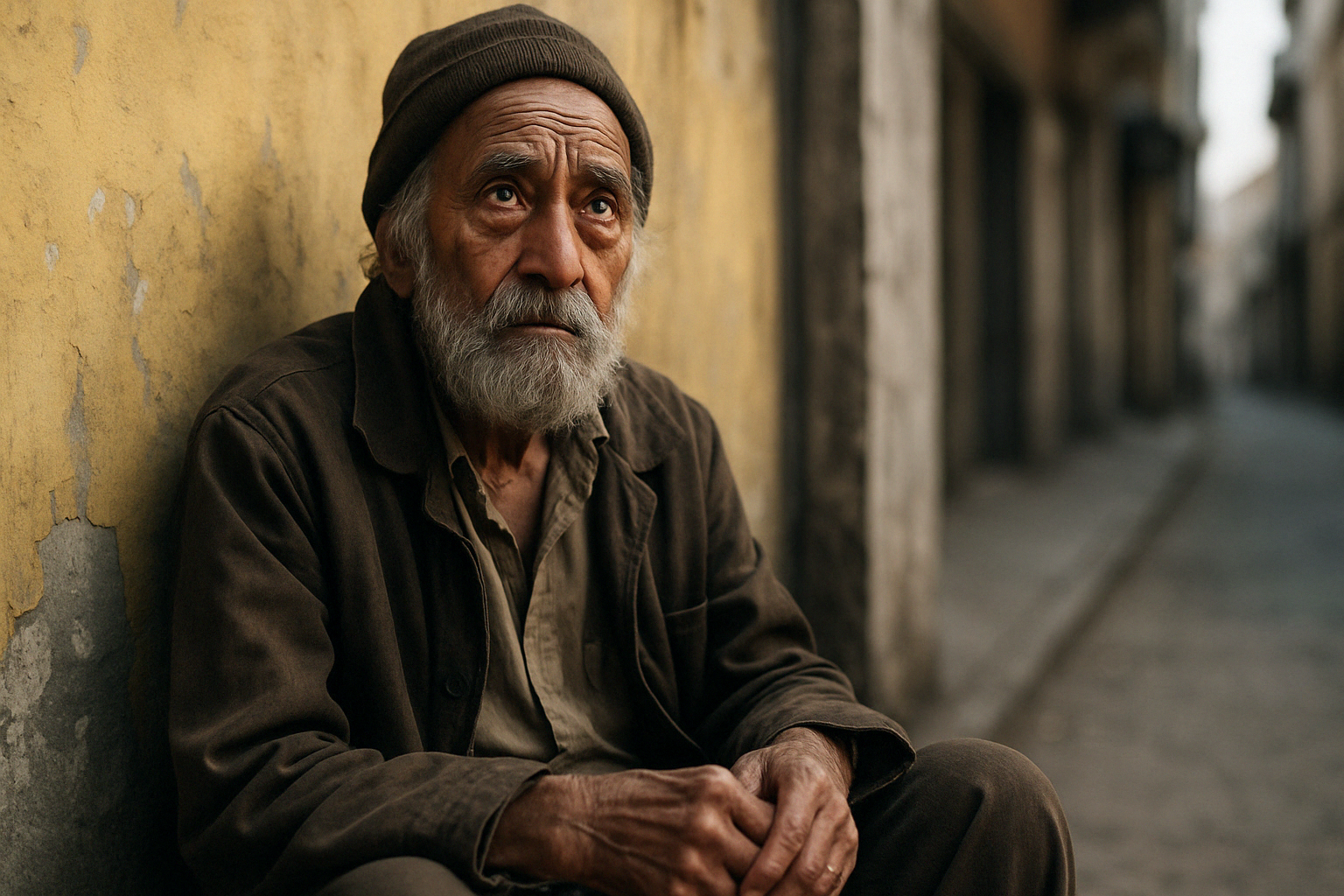Longevity, influence and the social media trap: Who do we trust with our health?
In a world where six-pack abs are flaunted more than six-point health plans, who are we really trusting […]

What does it truly mean to live a long life—and is it a privilege reserved for the wealthy? In a compelling interview with Qonversations, consultant aesthetic and plastic surgeon Dr Ali Ghanem explored the intersection of health, longevity, and inequality.
“Luckily, we are living in this time now,” Dr Ghanem begins. “We’re the longest-living generation in history—excluding a few biblical exceptions—thanks to public health measures like clean water, child vaccinations, and improved neonatal care.”
But this progress comes with a caveat. “The quality of life towards the end isn’t always as good as the number of years lived,” he cautions. Statistically, many of us may live to 80, but the last two decades are far from equal for everyone.
“People who don’t actively address the root causes of health decline are likely to face a miserable final chapter,” he explains. “Longevity isn’t just about how long we live—it’s about how well we live.”
And for many, living well into old age requires access to things that aren’t always affordable: advanced medical treatments, personalised diets, even hyperbaric oxygen therapy. “A healthy later life might demand interventions only available to those with access and means,” Dr Ghanem notes.
The conversation turns to Bryan Johnson, tech entrepreneur and star of Netflix’s Don’t Die. “After selling his companies, he channelled his wealth into preserving his youth—very impressively, too,” says Dr Ghanem. “But it does highlight a stark imbalance.”
Still, Dr Ghanem remains optimistic: “Yes, a poor person can live longer. But it depends on early education, lifestyle choices, and strong public health systems. We need to make the tools for longevity accessible to all—not just the privileged few.”

In a world where six-pack abs are flaunted more than six-point health plans, who are we really trusting […]

In the era of social media, post-COVID, and with mental health at the forefront, a shift is taking […]